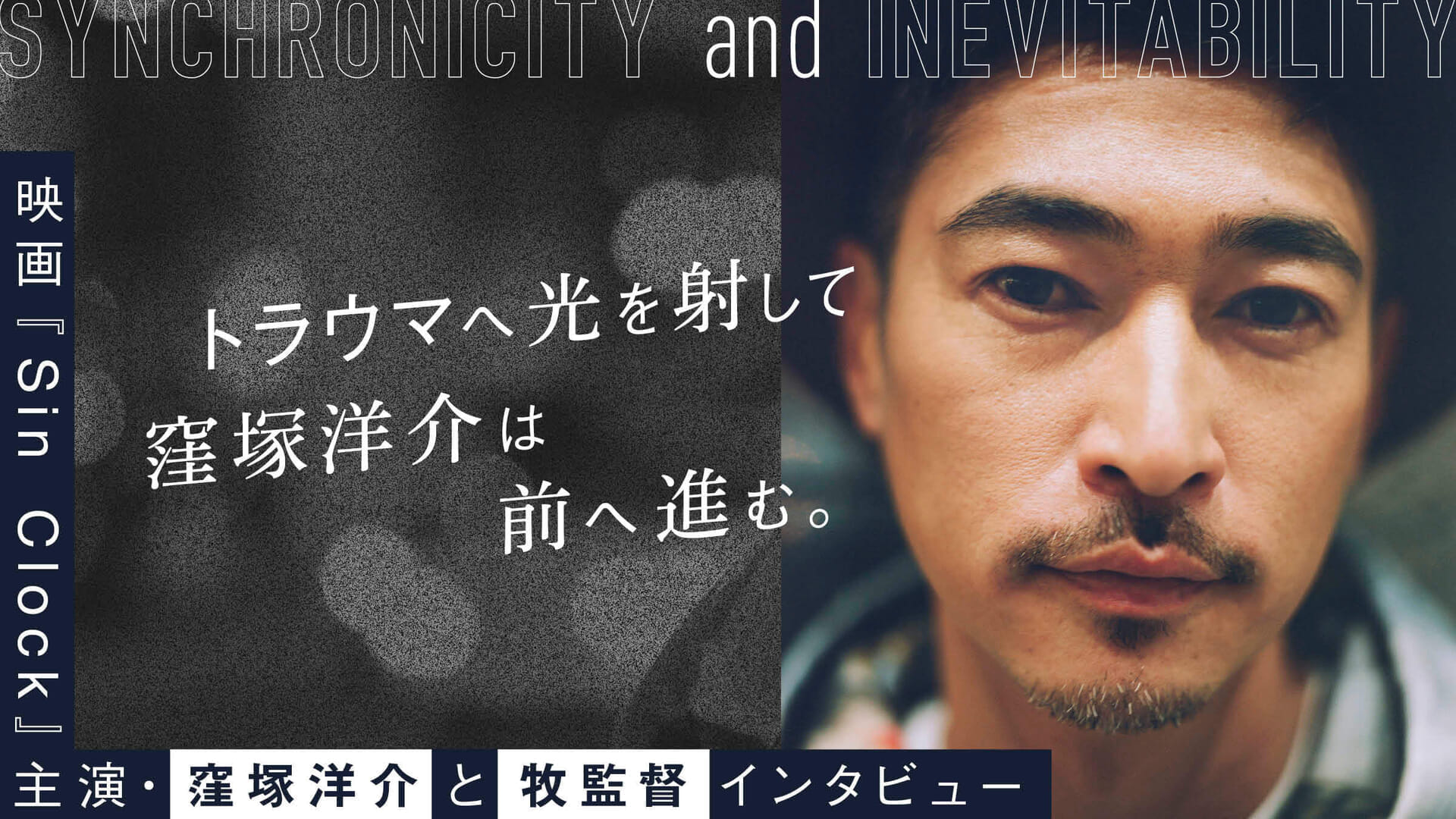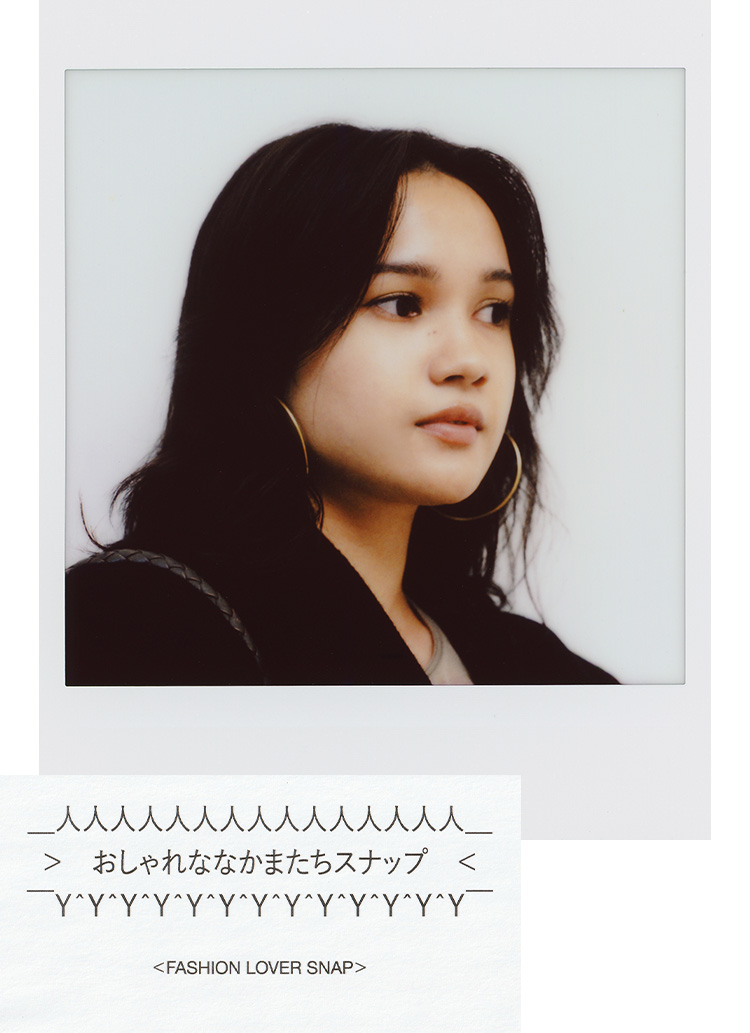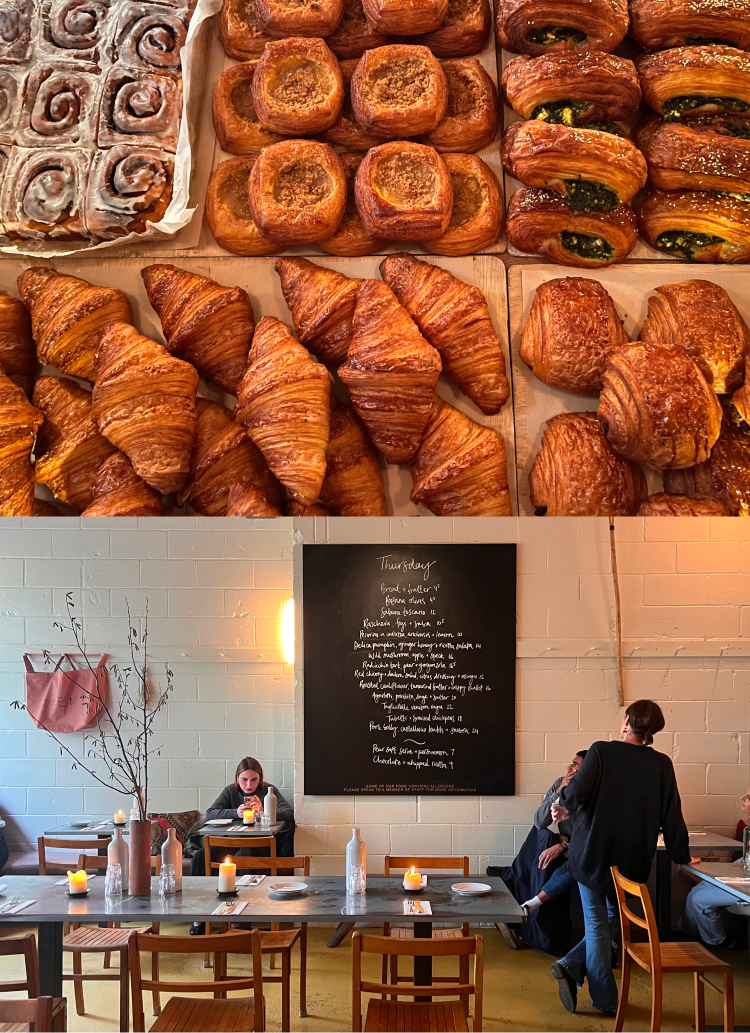The movie gods are here to watch.

I was impressed by the number of hip-hop artists who performed at the festival, as well as the use of music by GEZAN, Awich, and other artists with a unique style.
Pasture:I have always liked GEZAN , and was shocked when I first heard the music. What is this cool music? . They had featured hip-hop artists and were playing live together, so I knew they were a great band. Also, the message of the lyrics and their thoughts on society and life are amazing, and the sound itself is very primitive. . I thought that matched with the protagonists' crass emotions and noir worldview. I could not have wished for a better theme song than this one.
I also love Awich, especially "GILA GILA", which I used in one of the scenes in this work. I hope you will pay attention to the lyrics and the links between the lyrics and the film and enjoy it. I also hope that after watching the film, you will check out the lyrics of Jinmenusagi's music and listen to it as well. I hope that after watching the movie, they will appreciate the meaning of the song used in that scene and feel the charm of the song itself.
. This film is a noir, a time suspense, and a contemporaneous film that seems to capture the social situation.
Pasture:I really like Tarantino, and I have a theme in my mind about how to portray a crime movie in a cool Japanese style. I have been attracted to his films. Likewise, Tarantino's films have a lightheartedness and a message or core behind them, as if they are a mix of literature, music, and images. I wanted to create something like that.
. I wasn't really aware of the contemporaneousness of the film. . I think it was just a coincidence of the setting, since I am of the same generation as this protagonist, in my 40s, and living in the present.

One of the attractions of Tarantino's films is that scenes that are useless in terms of story, but interesting in terms of conversation, etc., leave a deep impression. . I wonder if this is one of the interesting aspects of Tarantina as a filmmaker.
Pasture:I also really like the way the men talk in long scenes, and I think you will see elements of that in this film. For example, the scene in the tavern.
That scene is certainly true! But where did you get the idea of being a cab driver?
Pasture:I thought about how I could depict the scene of Tarantino's men in black sitting around a round table in a Japanese film, and I thought that if I were to do it, I would depict people who wear black suits in their daily lives. If they were involved in an incident and made plans behind closed doors, that alone would be cool as a picture. Also, I read a book I read a long time ago, "Taxi Driver's Journal" by Mr. Liang Shi-hi, in which he describes the backstory of passengers and other people when he was a cab driver, and it is very interesting.

. One of the themes of this film is "synchronicity. In your production notes, you mentioned that many things like inevitable coincidences happened during the filming. . Could you tell us about one specific episode?
Pasture:The license plate number of the car we prepared for the filming was a number from Kubozuka's previous car, and it was related to his birthday, etc. . I haven't mentioned this elsewhere, but there is a scene in which Ryotaro Sakaguchi, who plays Banba, is standing in a classroom. We borrowed a classroom for the shooting, and it happened to be a math room, and one of the teachers had left a textbook on the table. When I opened it up, I saw that it said "What is the Fibonacci Sequence" (which appears in the movie)! I was like, "Hey! That happened every day.
But I feel as if something led me here. Mr. Kubozuka told me that the movie gods had already come to see me, and that I should just keep going straight ahead. Such strange things happened every day in this film.










